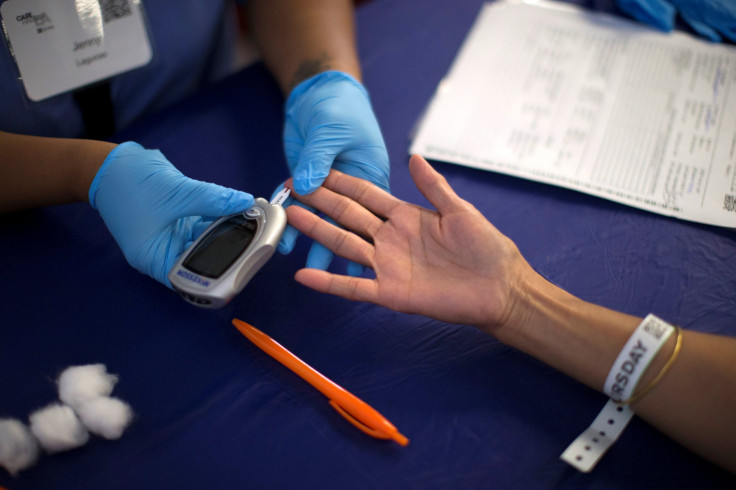New study suggests fasting diet can reverse diabetes

A new study has learned that fasting could potentially reverse diabetes. Researchers found that that the cycles of the aforementioned diet can regenerate pancreatic cells and restore insulin in type 1 diabetes.
The study tested a modified version of the fasting-mimicking diet (FMD) on human cells and mice. The study's co-author, Dr Valter Longo, told the ABC that the results of their study are "potentially very exciting" for they could lead to cures for diabetes.
Longo, who was from the University of Southern California, also said that such type of fasting may be helpful to other organs too. Their study had shown similar effects for blood cells. "They show that extreme diets with very specific compositions can trigger self repair and regeneration processes in the mouse and possibly humans," he said.
Longo and his team developed a modified low-calorie, low-protein and low-carbohydrate but high-fat four-day FMD. The diet alters the levels of specific growth factors, glucose, and ketone bodies and lessens the blood glucose on pre-diabetic patients. The results indicate a reversal of diabetes in mice placed on FMD for four days each week. They have regained healthy insulin production and lesser insulin resistance.
The study also involved pancreatic cell cultures from human donors. Longo and his team have learned that fasting also increase expression of the Ngn3 protein and speed up the production of insulin.
Longo said the findings are scientifically important because they learned that patients can utilise diet to reprogram cells without having to make any genetic alterations. "Now that we've discovered it, we can find ways to work with it and utilise it for benefits to human health,” he added.
Per the Science Alert, FMD has been credited helpful for weight loss. Previous studies have also linked the diet to reduced risks factors for heart disease and cancer.
But Longo has warned that the fasting diet should not be tried at home without medical supervision. He reminded that people should not rely on self-made diets for FMD should only be performed under medical supervision.
The study, which was published in scientific journal, Cell, was also co-written by Chia-Wei Cheng and Roberta Buono of USC Davis and Valentina Villani of the Saban Research Institute. Min Wei and Dean Pinchas Cohen of USC Davis, Sanjeeve Kumar of the Keck School of Medicine of USC, Julie Sneddon of the University of California, Omer Yilmaz of the Koch Institute at MIT and Laura Perin of the Saban Research Institute have also contributed to the research.





















